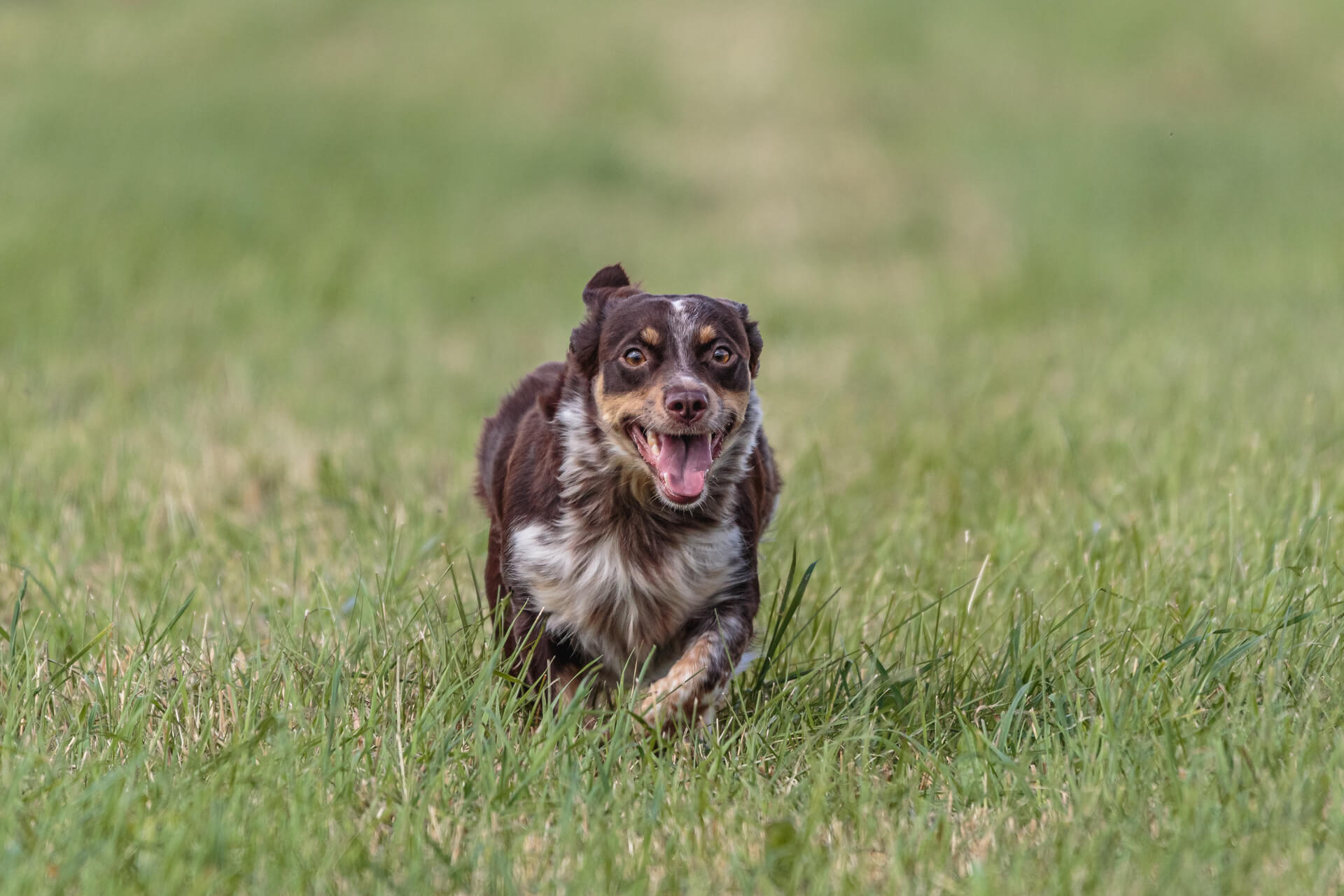
What If You Accidentally Hit Someone’s Pet or Livestock?

by Erin Anderson
It’s every driver’s nightmare — you’re cruising along a quiet road when, out of nowhere, a dog darts into the street or a deer-sized shadow turns out to be a cow. The impact happens before you can react.
It’s emotional, it’s stressful, and it’s not always clear what to do next. But what happens from a legal and insurance standpoint when you accidentally hit someone’s pet or livestock?
Here’s what you need to know — and what to do in those first few moments after the accident.
First: Make Sure Everyone Is Safe
If it’s safe to do so, pull over immediately and turn on your hazard lights. Move your car off the road to avoid creating a second accident.
Check yourself and your passengers for injuries, then assess the animal — from a safe distance. Injured pets or livestock can be unpredictable and may lash out, even if they normally wouldn’t.
If the animal is alive and can be safely approached, call local animal control or the non-emergency police line for help. If it’s livestock (like a cow, sheep, or horse), law enforcement can also help contact the owner quickly.
Yes, You Should Report It
Even if no one else saw it happen, it’s best to report the incident. In many states, drivers are legally required to notify local authorities if they injure or kill someone’s pet or livestock with their vehicle.
Why? Because animals are considered property under the law — and damaging property (even accidentally) can create liability questions later.
A report creates an official record that helps:
- Document what happened and when
- Protect you from false claims
- Ensure the animal receives help if needed
How Insurance Handles It: Pets vs. Livestock
Whether your insurance covers the damage depends on what (and whose) animal you hit.
If it’s someone’s pet (like a dog or cat):
- Your liability coverage might pay for vet bills or the animal’s value if the owner files a claim — but only if you were found negligent (for example, speeding in a residential area).
- Your collision coverage may pay for damage to your own car, but typically only after your deductible.
If it’s livestock (like a cow, horse, or goat):
- Many states have “open range” or “fenced livestock” laws that determine who’s responsible — you or the animal’s owner.
- If the livestock was legally contained and escaped, you might not be held liable. But if you were driving recklessly or trespassing, you could be responsible for both property damage and injuries.
It all depends on the local laws — which is why that police report matters so much.
What About Wildlife?
If the animal isn’t owned by anyone — think deer, elk, or other wild animals — that’s a different situation.
You’re typically not liable for hitting wildlife, but you’re also not covered under liability insurance for the damage. Instead:
- Comprehensive coverage pays for vehicle repairs after hitting a wild animal.
- If you only carry liability coverage, you’ll likely pay out of pocket.
What Not to Do
- Don’t drive off. Leaving the scene could be considered a hit-and-run (even for animals) in some jurisdictions.
- Don’t try to move large animals alone. It’s dangerous — for you and the animal. Wait for authorities.
- Don’t assume your insurance “automatically” covers it. Always check your policy for specifics.
How to Prepare Before It Happens
You can’t predict every situation, but a few habits can reduce your risk:
- Drive cautiously in rural or wooded areas, especially at dawn and dusk.
- Watch for animal crossing signs — they’re there for a reason.
- Keep comprehensive coverage active if you frequently drive in areas where animals are common.
It’s one of those protections you hope you’ll never need, but will be grateful for if you do.
The Bottom Line
Hitting someone’s pet or livestock can be heartbreaking and confusing — but how you handle it afterward matters. Stop, stay calm, report it, and let your insurance company and local authorities guide the next steps.
👉 If you’re unsure whether your current policy covers animal-related accidents, now’s the time to double-check. Comprehensive and liability coverage can make all the difference when the unexpected happens — on any road, at any time.